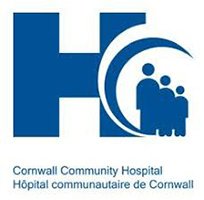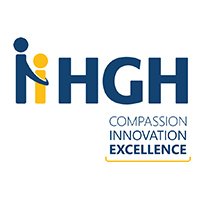Potential volunteers are screened for their suitability and, if accepted, complete DCOR’s award-winning 59-hours training program. The most fundamental part of the training includes instruction on active listening skills used for reflection and clarification. This listening model is applied to various problems that callers experience including bereavement, spousal and child abuse, loneliness, and suicide. The training includes the nationally recognized two-day Living Works workshop on suicide intervention. Volunteers are expected to provide a criminal records check, as well as three references as part of the Distress Centre’s comprehensive screening process.
Volunteer Crisis Line Responders will answer nearly 58,000 calls for help in 2019.
Who Are Our Volunteers?
Our volunteers come from all walks of life. They share a common interest in helping others who may be in distress. Without these dedicated people, there would be no Distress Centre. Our volunteers are available to the callers any time, even when other resources are closed.
Volunteers help callers work through their concerns. Many times, a listening ear is all that is needed. Volunteers use active listening skills to empower callers to handle their own situations. If necessary, the volunteers can provide callers with information on a variety of community resources.
How to Become a Volunteer Crisis Line Responder
If you are interested in learning more about what being a volunteer Crisis Line Responder is all about or you would like to apply to become a volunteer with the Mental Health Crisis Line, please contact the: Distress Centre of Ottawa & Region.






